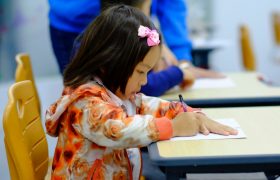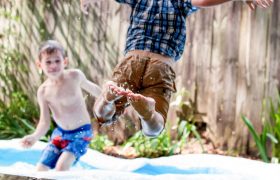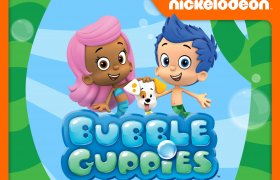Benefits of Toys and Brain Development in Children
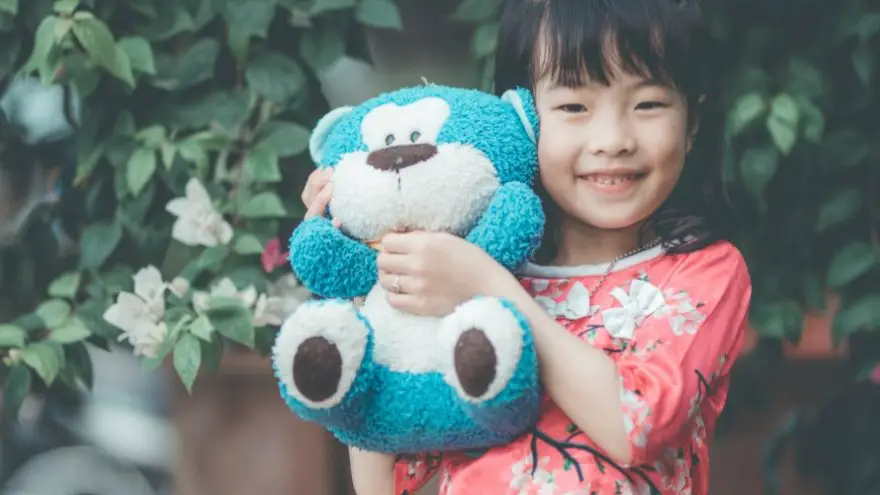
Parents have realized that since the development of social media and expecting a child, has given parents more thought on the benefits of learning toys in regards to the brain development of their infants. Parents should consider looking for brain development toys, baby development toys, development toys in general for children of all ages, interactive toys if they are parenting toddlers, baby learning toys and the best developmental toys for infants.
This might sound overwhelming, but with the click of your mouse parents, you can start researching immediately in order to keep stimulating the children you have, or stimulating brain development of the new child that you are expecting. Parents can never start too young, and research has suggested that parents should start communicating with their child during the first trimester. The first trimester is important because this is when the baby develops hearing and their brain.
Learning
All parents know that playtime is good for children, the problem is that learning something new by using brain stimulation is not a form of play to many parents and children. Parents should rethink this subject because there are definitely tons of benefits that children gain from playing.
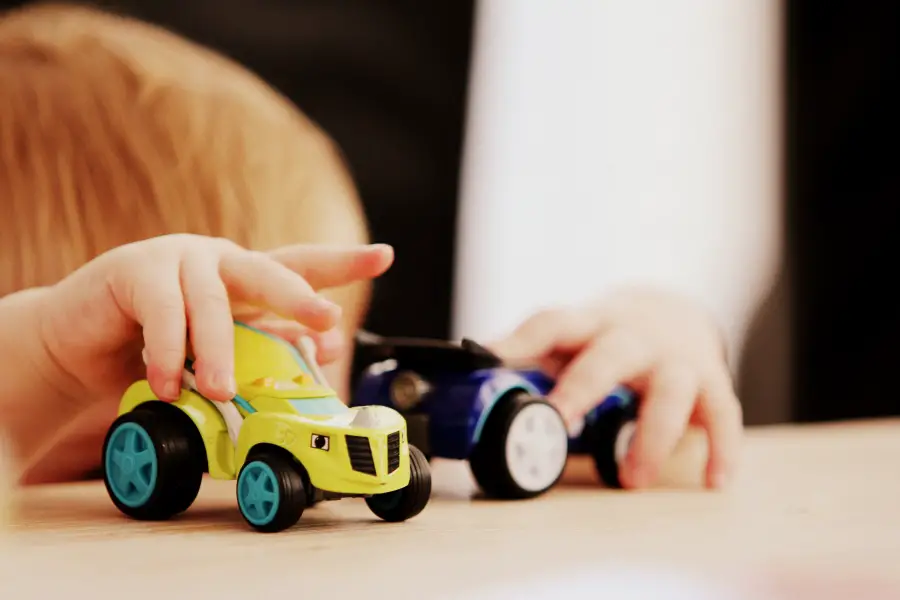
Many people feel that the term learning means gaining a new skill for their infants, toddlers, and children. They associate the alphabet, numbers and other subjects as a learning device. In all reality, parents can turn this tool into a unique form of playing. Studies tell parents that playing is similar to learning. Playing is something that is fun , and important to their child’s brain development and helps them grow.
Play Benefits
Playing is very important because this is what starts to enhance the growth of your infant’s brain and they end up learning quickly. This helps infants as they grow into their toddler stage because this creates the development of their brain early on in life. Parents know that any type of cardio exercise creates a healthier heart, just like play creates a larger brain. In fact, playing is an exercise for the brain in children of all ages.
Intellect, Learning, Memory
When you stimulate your infant, their cerebral cortex is what gives them the ability to learn quickly and develop their memory. Parents that introduce toys to their children at a young age, help your child create a higher IQ around the age of three, and again around the age of four and one half. Playing also helps with a child’s cognitive development and allows for improvements. This is why playing and learning stimulate the brain, which is a great benefit that comes from playing.
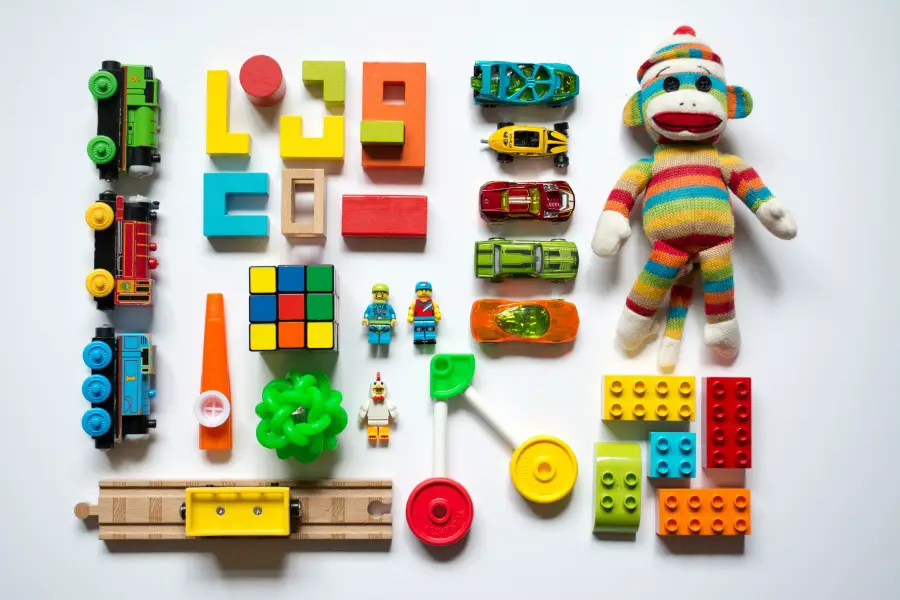
Play and Imagination
Parents all remember playing alone at times if they were only children or were home alone with just mom and dad. This is when the imagination comes into play from the beginning of creative thinking. Mom and dad probably have taught their children to use their imagination. This starts by playing with them and teaching them how to interact with their toys.
There are many different activities to work on with your children. There are recipes for making goop, salt dough and other items that their children can use their creative skills on. Children exposed to craft projects instead of structured playing are far more creative in their talents and skills.
Pretending is also important because this skill teaches children improvement when it comes to creative and critical thinking skills. There is an association with pretend play and being creative when it comes to your child’s brain development. This is when the imagination comes into play, and kids begin to role-play. Many adolescents and adults that are very creative, had some sort of imaginary friend when they were small.
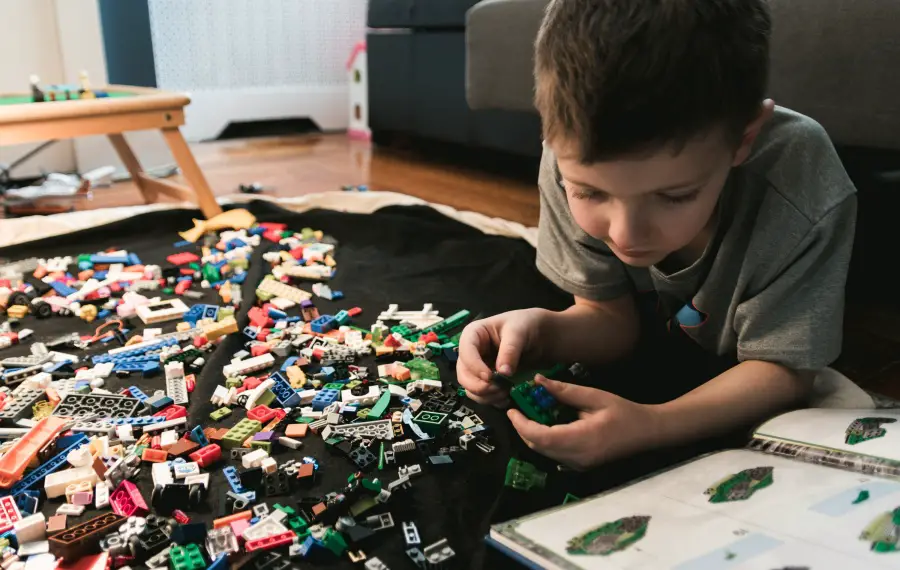
The Brain’s Link to Important Skills
A small child has to learn the fundamentals of communication, speaking properly, understanding language and visual perception skills. Parents that introduce play early to their child will help their baby learn how to communicate quicker. An example of this is when your infant attempts to want to play with their parents. Parents then talk to their infant and tell them the name of each toy. This type of communication helps babies pick up language development skills easier than an infant who is not stimulated by play at a young age.
When children start kindergarten, pretend play is extremely important because pretend play has been found to advance the child’s brain while they are learning how to read, how to speak and write. Playing pretend is especially important because your child’s vocabulary will improve greatly. Children learn by playing with others their age by listening. Social interaction between children helps them to problem-solve.
In addition, when children play with blocks or similar toys, this is how they learn visual perception skills. This is important because children do better when it comes to different types of learning skills.
Impulses and Control
Parents should realize that when their children learn self-control, this is one of the most important skills for them to learn before they start school. This is when you teach your children patience, like waiting in line for their turn, sharing and not pulling toys away from other children, and the importance of not using their emotions as a weapon to school teachers or other staff members. Positive attention is better than negative attention, and parents have to teach their children this in order for them to grow and gain confidence.
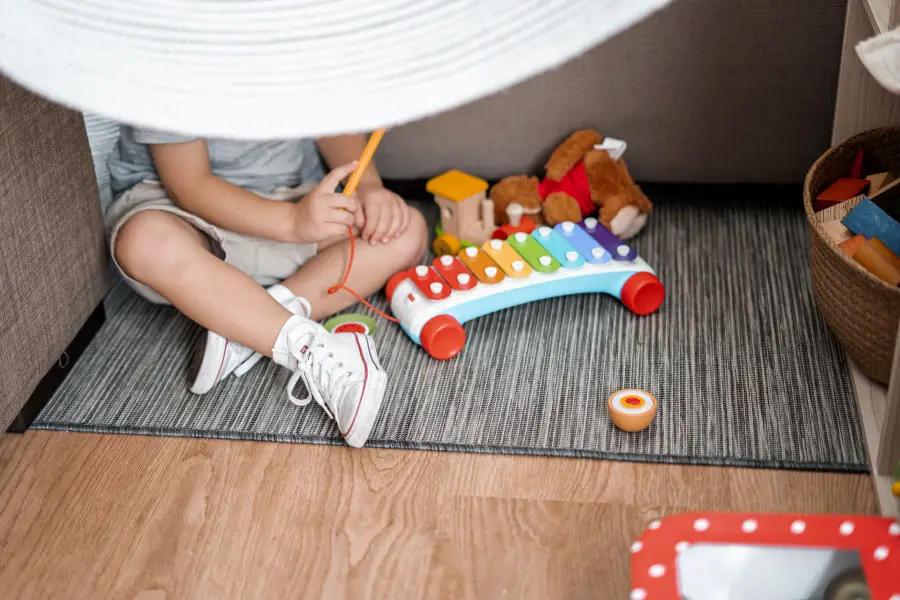
Studies have shown that when a child experiences a negative issue while pretending, the child with more experience in pretend play has more control over their emotions. In addition, pretending is similarly linked to the control of their emotions. Regulations of emotions in children are important for success in school. The self-control of their emotions can also be successful in your child’s social abilities. Preschoolers who have better emotional control are well-liked and extremely competent in a social environment.
Playful Children are Happier
Let’s face it, playtime gives children the opportunity to hone in on their social interaction skills. Children that learn how to play together learn rules, cooperate, follow the rules, have control over their emotions and usually get along with everyone. The more children use their imaginations, the more their social skills became predictable, along with their popularity, leadership skills, and positive behaviors.
Children that play are much happier, well adjusted, cooperate and are generally more popular than those who have not been played with enough. Play activities without structure are important because this is how they learn to develop proper social skills. Parents can teach their children during pretend playing about problem-solving so they develop better social skills.
Health Benefits
Parents now know that play helps children learn how to control their emotions. This teaches your child how to be resilient and also is important for their behavioral health as they mature into adulthood. Play teaches physical awareness that plays a big role in the physical health of your child, teaches them about their motor skills, teaches them strength and endurance.
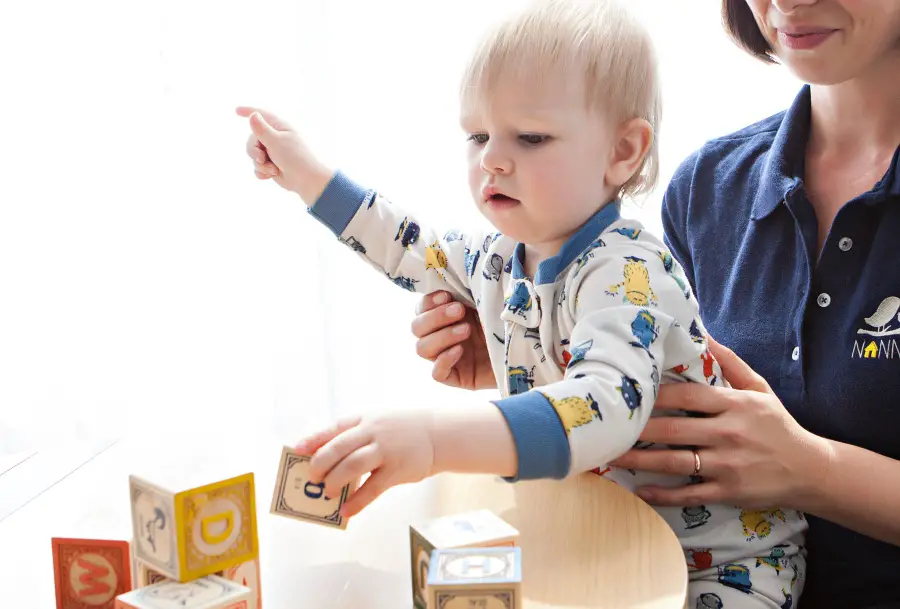
Life lessons of Play for Brain Development
Play is the beginning of the development of the child’s motor skills and cognitive intelligence that helps the child cope with larger tasks and problems as they mature. Role-playing a problem in life also helps a child fight their struggles by using their own problem-solving skills.
Play is another way for children to practice their skills and possible future social roles in the safety of their own environment. In the long run, play also helps children with different perspectives and teaches them abstract thinking.
Playing Creates Stronger Relationships
Playing is a great way for parents to take time and bond with their children. The start of small games like “How big are you?”, patty cake or peek a boo, gets them to laugh and smile and had a positive effect on young children. This type of interaction with your child, even if it’s 20 minutes, a few times a day, helps your child experience positive experiences in life starting with their parents. These positive experiences are a huge contributing factor to brain development. Your kids are going to remember the happy memories of playtime with their parents as they grow into adults.

